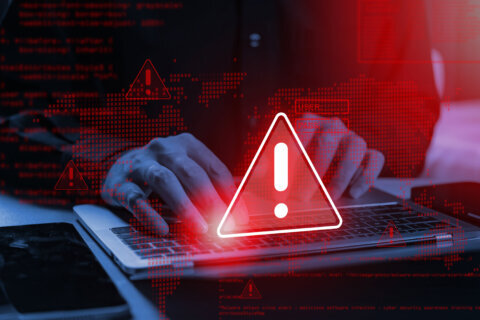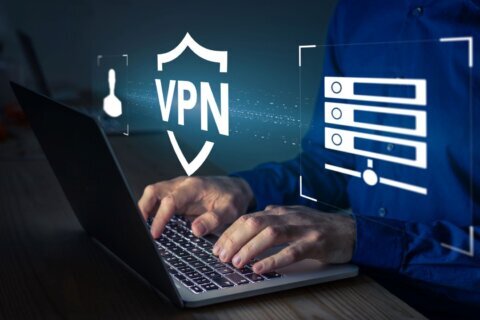WASHINGTON — A new, inconvenient and potentially costly ransomware threat is a good reminder of the security steps consumers can take to protect home computers and laptops.
The Petya ransomware is affecting companies and government systems worldwide.
As computer security experts work to ascertain the particulars of Petya, simple measures can help reduce the threat to consumer computers.
As with previous ransomware attacks, including the recent WannaCry, the cybercriminals are exploiting a vulnerability in older Windows systems called EternalBlue, reports USA Today.
Download Microsoft patches
Microsoft is constantly working on patches to head-off new threats as they’re discovered, and they’re detailed on the Microsoft website.
Unfortunately, some users don’t download patches that Microsoft has developed. You can enable Microsoft to automatically update your computer.
Back up in the cloud
Ken Colburn of Data Doctors says traditional methods of backing up a computer with an external hard drive will be of no value if your system is attacked because anything accessible to the computer also becomes encrypted.
Colburn prefers to back up a computer in the cloud.
“The best and most cost effective defense against ransomware for most users is an online backup service such as Carbonite because it’s not directly accessible during an attack, and it’s automated,” he said
Install protection programs
Protection programs can not only fight attacks, but notify users when malware is trying to encrypt files.
“Just about every major anti-virus/internet security program is including some form of ransomware detection and protection these days, so check to see what you might already have installed,” Colburn said.
Be suspicious
Some of these attacks are executed through phishing emails, which look legitimate, but install malware on a computer. Look for things that don’t seem quite right, and avoid clicking on those links.
Free WiFi? No thanks
It may be cheap, but free WiFi offered in public places can be risky because without a password, a user becomes viewable to everyone else using that network. Kaspersky Lab suggests a VPN — virtual private network — is a must when connecting to your business through an unsecured connection.
Editor’s note: This story has been updated to remove a reference to Malwarebytes.








